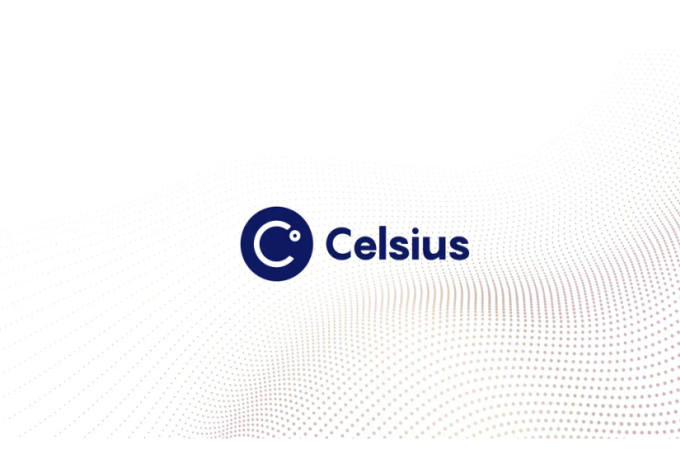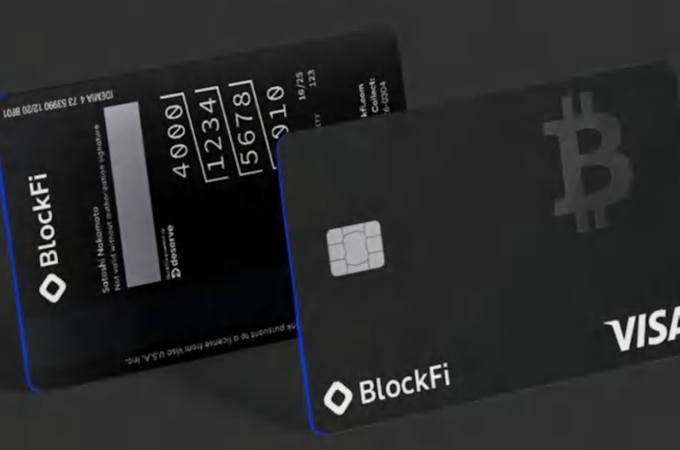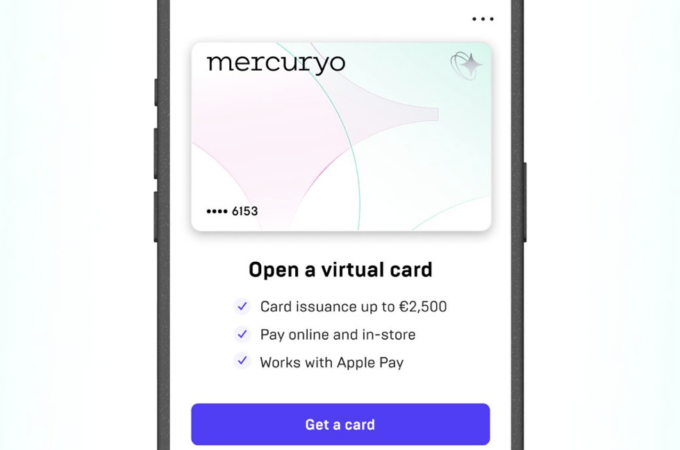
Quick Guide: Best Way To Use A Credit Card
A credit card can build or drag your credit score in an instant.
Having a credit card supports your healthy financial future, especially if you make the right purchases and repay on time.
However, misuse can lead to a mountain of debt. For sure, you don’t want that to happen to you. Save yourself from the trouble of paying more due to the improper use of your card.
Learn how to use your credit card appropriately. Read, understand, and follow this quick guide designed for you.
Make Tangible Credit Card Purchases
Paying in cash makes you realize how much money is still in your wallet. But swiping your credit card lessens the tactile feel. Therefore, you can not see how much you’ve spent for the day. You tend to buy more than you should.
Avoid spending more than you can afford with your credit card. Make your purchases tangible by doing the following.
Grab a receipt
A receipt is a simple proof of whatever you bought, regardless if it’s from a physical store or online shopping. It keeps your grip on reality. Also, it helps you track your expenses for the whole week.
So, the next time if they ask if you want a receipt, say yes. Although it may pile up in your drawer, at least you can remember where your paycheck went.
Delete the history of payment information
The likelihood of grabbing the last-minute sale is high if you keep your credit card information on your computer. It only takes a few taps before you check out the item. It feels like nothing is holding you back to get that item on sale.
Nonetheless, removing the history of payment information creates friction. You have to look for your credit card and type in the numbers. You have to commit a little more before pay up. Therefore, you have more time to think about if buying that bag on sale is worth it.
Anything that you can see and touch gives the best feeling and memory. The same applies to your credit card purchases.
Limit Spending
Buying $100 headphones is not possible if you only have $50 in your wallet. But you can if you use your card with a credit limit of over $100. Stop overspending by doing these tips.
Determine budget
A credit card is very convenient to use. Sometimes it’s so easy; you go overboard with it.
Be realistic with the amount you can spend and pay off. Set a budget like the 50-30-20 method. Use 50% of your take-home pay for your necessities. The 30% goes to the items you want but do not necessarily need. Allot 20% or more on savings and paying off your debt/
Follow this budget rule to keep your credit card spending in line with your income.
Track your purchases
Calculate the amount you can afford to spend every month. Do this by tracking your purchases throughout the month. Once you reach your monthly spending limit, avoid credit card use. Prioritize paying off your balance first.
Also, you may try using a credit card’s mobile app or website for easy tracking.
Do this diligently, and you’ll love the outcome. Build a better credit score and keep out of credit card debt.
Do not maximize credit limit
Maxing out your credit card is tempting. However, charging up to your credit limit is crucial. The way you spend until your limit dramatically affects your credit score.
Running a large credit card balance and carry it on every month hurts your score badly. Also, it sets a foundation for getting into credit card debt. It takes a long time to pay off.
Always compute how much you’ve spent. Avoid hitting your credit limit. It is best if you use a little of it. If you need cash, do not be tempted to use your credit limit for cash advance. Cash Advance is when you withdraw from an ATM with a credit card. You can get a loan from a moneylender Jurong. Read money lender singapore review before borrowing. Getting a short term cash loan is a way to avoid getting cash advance with a higher penalty.
Download a mobile app
Nowadays, credit card issuers created a mobile app for comfortable spending and tracking. Download the app to keep your account on the go.
Log in on the app anytime to view your balance. Check your available credit before you purchase anything. View your payment if it is posted already. Also, it helps you report if you lose your credit card.
Spending within your capability to earn is the simplest way to use your credit card.
Avoid Late Fees
Blowing your due date means an additional charge of late repayment fee. Sometimes, it triggers an increase in your interest rates. Whether the due date slipped your mind or you don’t have money on hand, late fees are unpleasant. Banish these fees by trying out these techniques.
Set up reminders
Some credit card companies alert cardholders about their nearing due date via text or email. Sad to say, not all do that. Help yourself by setting reminders.
Create an alert in your digital calendar or mobile phone. Write a note in your planner. Make sure to put it ahead of your due date. Also, don’t forget to check if your account has sufficient funds. If it does, pay your bill on time.
Include credit card bills in your routine
Paying your utility bills is already part of your system. Include your credit card bills so you won’t forget them.
If you pay your utilities every first Monday, you’ll be reminded of the card due date. Do this every month, and for sure, it will be part of your routine. Therefore, you won’t incur any late fees in the future.
Set up automatic payments
Schedule an automatic payment ahead of your due date to protect you from late fees. Allot more than the minimum amount or if you can pay your full balance. Always check if you have enough funds in your checking account before the scheduled payment. If not, expect a charged late fee or a returned payment fee.
Typically, credit card payment is due on the same date each month. It makes setting up a reminder or auto-payment easy to keep up.
They say credit cards are not for everyone. Although this might be true, there’s nothing wrong with trying you swipe your card.




